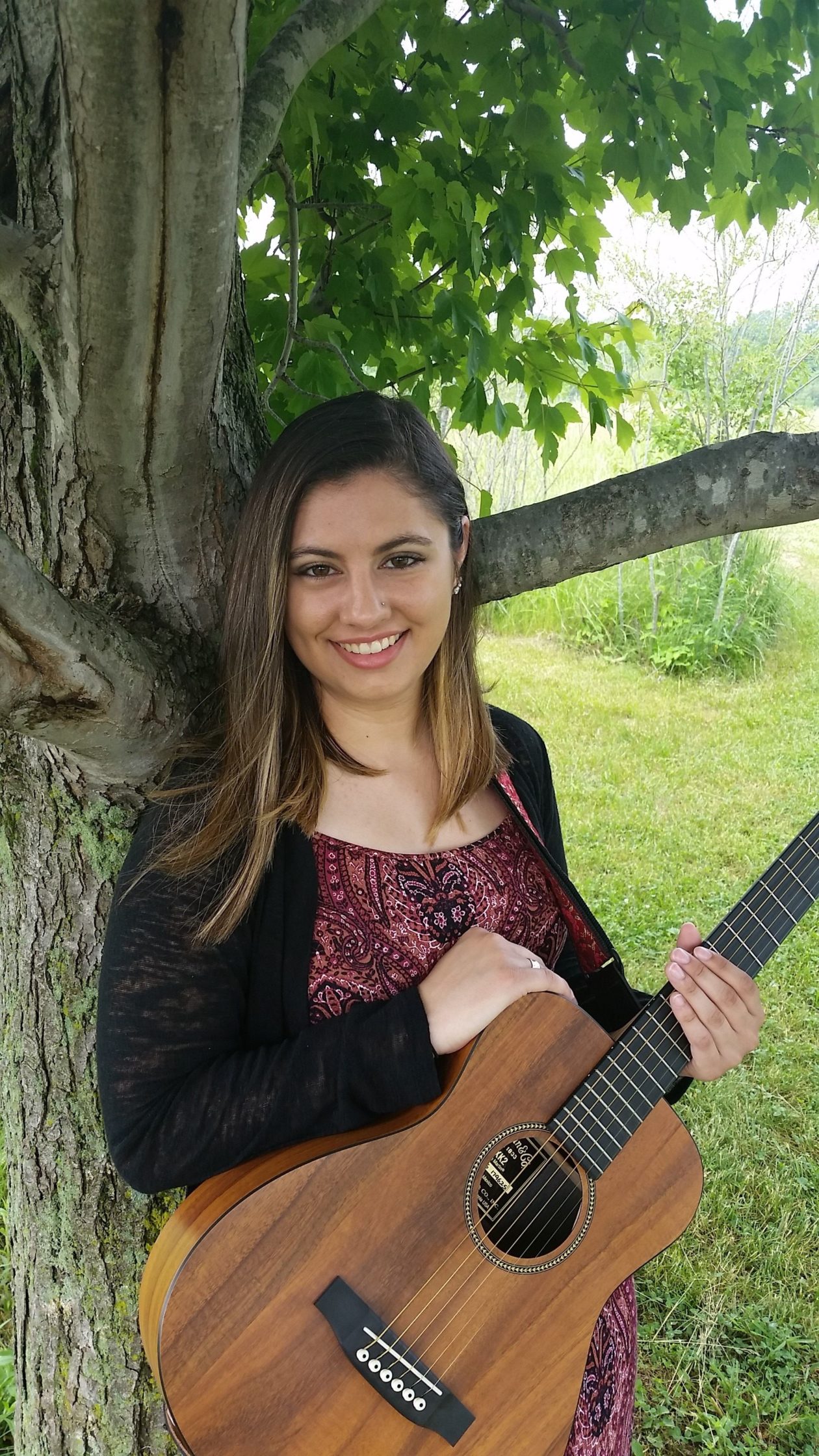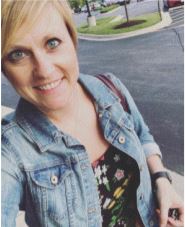Where do you work and who are your clients?

Although I’m a board-certified music therapist, I’m currently not practicing clinically in order to complete my masters in social work. The coursework was part-time, but currently I’m doing my internship full-time. I’m interning with the Social Work and Community Health department at Rush University Medical Center, assisting with research that will help underserved communities access healthcare.
What is your favorite part of your profession?
My favorite part of clinical work is building relationships with patients. Connecting with others is one of my core values, and seeing the positive changes that can happen within those relationships always brightens my day! My favorite part of the research work is collaborating with diverse interdisciplinary teams. I’ve learned so much about the different factors that impact our patient base from working with other professionals with a wide variety of experience, and the research itself has so much potential to make large-scale positive impact on the populations we serve. It feels like looking at the same challenges through a broader lens, and I’ve been loving it.
What inspired you to become a music therapist?
You know, three big things inspired me: my love of music, my love of connecting with others, and Gabby Giffords. There was a 60 minutes episode about her recovery and the music therapist who helped her that aired right when I was starting to think about what to go to college for, and from that moment on it’s been a straight path to music therapy.
What do you do for self-care?
Oh, so many things! Primarily, I see my own therapist who specializes in working with other therapists. She has been incredibly helpful. I also love being outside, moving my body (mostly through yoga, running, and walking), meditating, reading, cooking, journaling & bullet journaling, playing games with friends….the list goes on!
What’s one piece of advice you have for students/new music therapists in the field, or other professionals looking to pursue a masters degree?
Hmm. I think the biggest piece of advice that I have is to know and respect your own boundaries. Especially in times of transition, having this knowledge and not being afraid to stand up for yourself is key. We spend so much of our careers caring and advocating for our patients – but it can be so easy to forget that we need to care and advocate for ourselves, too. 🙂
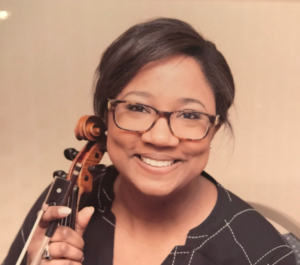
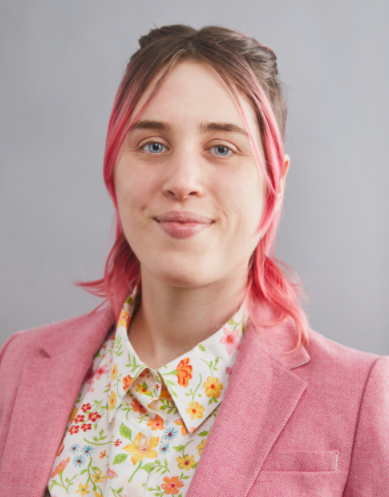
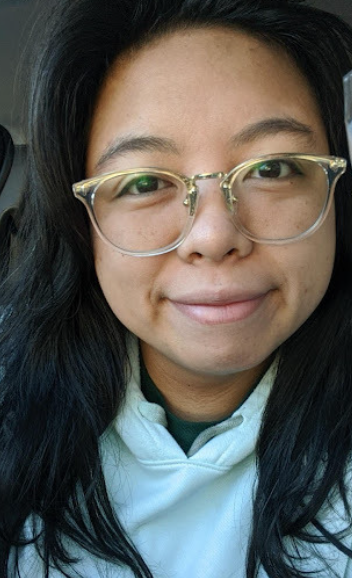




 I am grateful for the opportunity to introduce myself to you. My name is Anna Estabrook and I have been a music therapist since 2013. I started my small private practice named Rinnah Music Therapy a few years ago in the Peoria area. I have seen a variety of private individual clients that have ranged in age from young children to adults.
I am grateful for the opportunity to introduce myself to you. My name is Anna Estabrook and I have been a music therapist since 2013. I started my small private practice named Rinnah Music Therapy a few years ago in the Peoria area. I have seen a variety of private individual clients that have ranged in age from young children to adults.